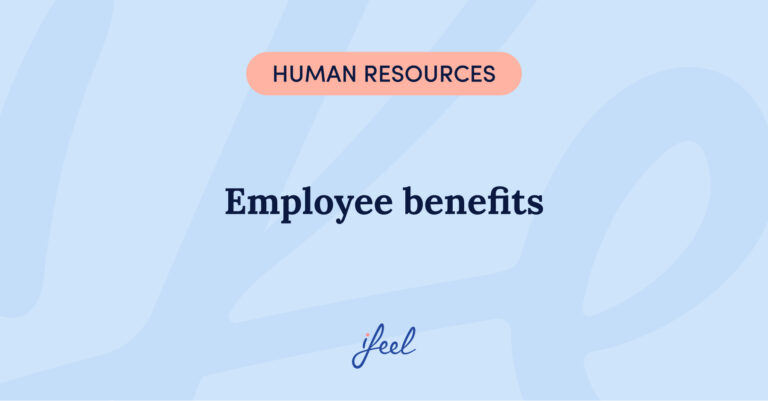I haven’t left yet so why am I already suffering from holiday anxiety?
Holidays are meant to be enjoyable, before during, and after. The excitement of planning and imagining them, the satisfaction of actually doing what you planned and fulfilling your objectives, enjoying the memories, and a well-deserved break for both our bodies and minds.
However, we have somehow fallen into the absurdity of, first, needing a “holiday to recover from the holiday” and, of course, also needing a holiday to rest from holiday anxiety from which we will have to start recovering, with difficulty when we are on holiday.
So, what do we mean by holiday anxiety? It’s a kind of distress or exhaustion generated by the pressure to leave everything done at work to be able to enjoy as much as we can and, in parallel, sort out all the arrangements. Planning that period that we supposedly use to relax, switch off from work or the usual routines, take the opportunity to dedicate ourselves -even if it’s just for a few days- to our hobbies, passions, and small projects for which quality time is needed… It sounds idyllic but also exhausting. That’s why there are people who go on vacation to get rid of stress but can’t avoid feeling holiday anxiety.

How to avoid holiday anxiety
Of course, if holidays turn into a source of anxiety, during, before, or after they happen, expressions such as “enjoy your well-deserved holidays” don’t make much sense. At the end of the day, where is the enjoyment when there is an overwhelming feeling to enjoy, and an overwhelming feeling to achieve a certain state of mind?
1. Prepare work before your holidays
If an extra effort is required, it needs to be done, but drowning in stress and then not actually going on holidays doesn’t make much sense. Organize your work well, make a to-do list, coordinate with your colleagues and get some extra hours in if you need to. If you want to rest on your days off, then do it properly.
2. Take action from the second you feel overwhelmed
If preparing your days off is tiring you, then there’s something you’re not doing right. You might feel like a headless chicken getting overwhelmed by pre-holiday work, holiday plans, and what you’ll have to do when you get back, remember those mice that run on a wheel without getting anywhere? Those aren’t holidays. Try and find a solution to your holiday anxiety before it gets worse.
3. Don’t become too ambitious
Of course, before we leave there are certain tasks which need to be finished. On the other hand, holidays are the time to do what we can’t do during the rest of the year. However, when we want to solve two months’ work in a few days just because we are going to be away for two or three weeks, we might be going too far. The same thing happens when we want to make our holidays too special, elaborate, and complex: it may work out well, but sometimes it’s just not worth the effort. Remember that less is more if you notice that your preparations are starting to turn into holiday anxiety.

4. Plan a reasonable and consistent holiday
Some people need short breaks throughout the year whereas others need one or two long breaks to reset. Think properly about what you can do and what you feel like doing and then place your plans according to the time available (not the other way around).
Ifeel has created an emotional well-being program for companies, designed by its team of professional psychologists to help employees take better care of themselves, both when they are working and when they need to switch off.
Thanks to this partnership, HR managers can receive data-driven advice on how to prevent possible psychosocial risk factors for their teams. This will help them deal with stressful situations which take over the office, whether there are holidays in sight or not.
On the other hand, the emotional well-being program for companies designed by ifeel offers employees an mental health care service structured at different levels depending on individual needs. This way, employees can access various mental health care tools with ifeel’s app. They can also access a second level where they can receive emotional support through a chat from one of our licensed psychologists on our platform. If further help is needed, they can access level 3 of the program: psychological therapy with a psychologist who specializes in cases like theirs.










